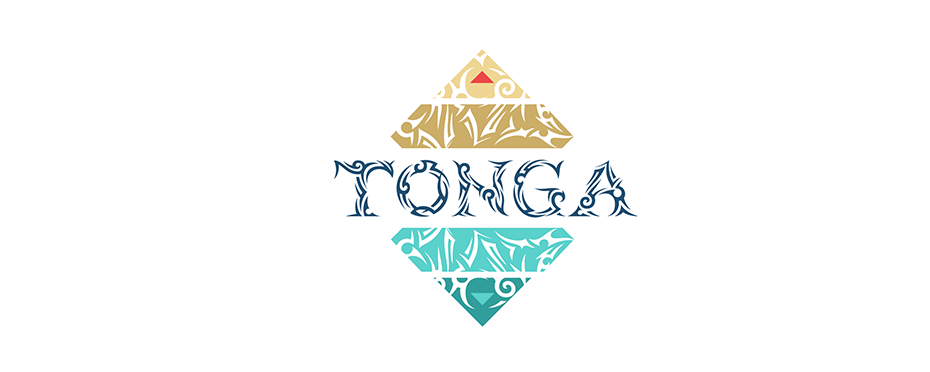
The TONGA project led by Sophie Bonnet (DR IRD, Aix-Marseille) and co-led by Cécile Guieu (DR CNRS), approved by the A*Midex Foundation as part of the "International 2018" call, started its activities in November 2019. This large oceanography project brings together more than 90 scientists from 14 French research units based in metropolitan France or New Caledonia and 6 foreign universities located in the United States, Australia, the United Arab Emirates, Germany, the United Kingdom and Israel.
The TONGA project was selected on 18 March 2019 by the Steering Committee of the A*Midex Foundation as part of the "International 2018" call for projects. This call aims to structure and strengthen the international cooperation of Aix-Marseille University and A*Midex partners through the support of international research, development and innovation projects with high strategic potential.
This TONGA project "shallow hydroThermal sOurces of trace elemeNts: potential impacts on biological productivity and the bioloGicAl carbon pump" aims to study the impact of shallow submarine volcanoes on biological activity in the surface ocean. These volcanoes emit hydrothermal fluids that are rich in trace elements, nutrients or toxins, and most certainly have a major impact on surface biological communities and the ocean's ability to sequester CO2.
The project began in November 2019 with an oceanographic expedition aboard the Oceanographic Vessel L'Atalante (pic.).
The scientific team's challenge was to locate shallow active volcanoes and study them in detail in order to elucidate the role of emitted hydrothermal fluids in fertilizing the surface ocean with iron, an essential micronutrient for life. This mechanism could explain the plankton blooms observed during the austral summer over a region stretching from Australia to the Tonga Arc. To do this, the team is drawing on specialists in fields ranging from trace element chemistry and biology, geochemistry of hydrothermal springs and physical oceanography. The use of a range of complementary tools (multibeam echosounder, satellite imagery, automated sensors, in situ profiling robots, molecular biology, modelling) has enabled the real-time acquisition of physical, chemical and biological parameters from the atmosphere to marine sediments, necessary to answer the scientific questions of the project. The data are now being processed and analysed, and more data continue to arrive thanks to the drifting profiling floats deployed in the Pacific. An oceanographic instrument recovery campaign is planned for 2020 in the Pacific.
The robots deployed during the campaign also serve as support for the "Adopt a float" educational project (http://www.monoceanetmoi.com/web/index.php/fr/adopt-a-float), involving primary, middle and high school students. The activity of the scientists was filmed on a daily basis during the expedition and will be the subject of a documentary.
TONGA officially started as an A*Midex project on 1 November 2019 for a duration of 24 months. The project is implemented at the Mediterranean Institute of Oceanography (MIO) in Aix-Marseille (UMR AMU-CNRS). Over this period, the project will be supported by A*Midex with a grant of 159,600 euros and also benefits from co-financing (ANR, INSU, IRD, French Oceanographic Fleet).
The progress of the project can be followed on the project website at http://tonga-project.org/web/# and on Twitter: https://twitter.com/tongaproject
Contact of the coordinators :
Sophie Bonnet (Mediterranean Institute of Oceanography, M.I.O): sophie.bonnet[at]univ-amu.fr
Cécile Guieu (Laboratoire d'Océanographie de Villefranche, L.O.V): guieu[at]obs-vlfr.fr

